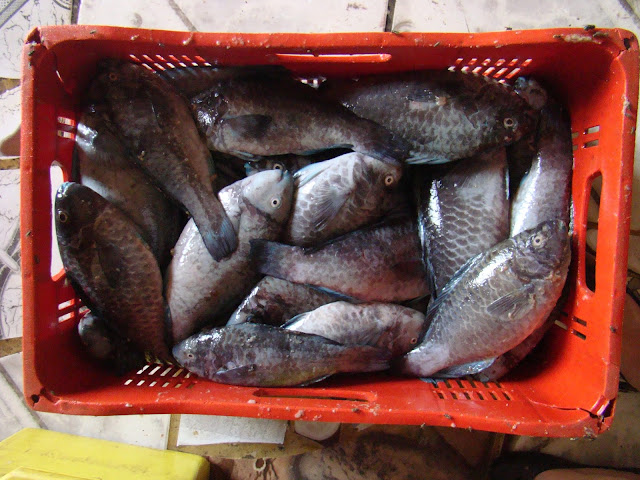Protecting the reef fish we catch: the case of parrotfish

We already know that parrotfish (Labridae: Scarini) are large (and beautiful!) fishes that play critical functional roles in reef environments when they feed, which in their case, we call “ grazing ”. Parrotfishes spend their day biting off bits and chunks of algae and other benthic organisms with their beak-like teeth. However, macroalgae may not be their preferred dish, they seem to like smaller diet items then what has been previously assumed. Because of this new finding, they have been recently reclassified as microphagous (“eaters of tiny particles”) (Clements et al., 2016), which by no means diminishes their importance in shaping the reef community. In other words, their nutrition comes from protein-rich autotrophic microorganisms, which in their turn are associated with macro organisms. By eating microorganisms, parrotfish affects the structure and composition of benthic communities by maintaining algae free corals. Unfortunately, fishing pressure on parrotfishes has grown ...
